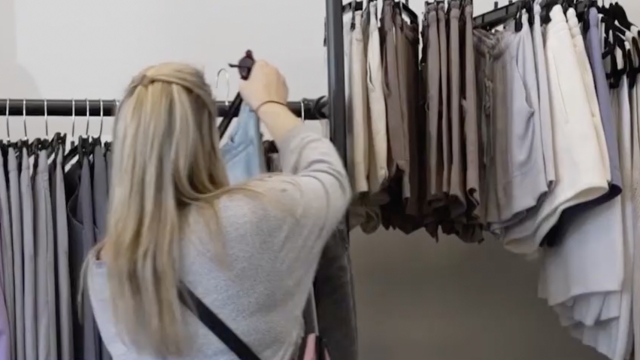The retail industry is booming. However, consumers may also be taking advantage of it.
According to a report by the National Retail Federation and Appriss Retail, the total return rate for 2023 was 14.5% and amounted to $743 billion in merchandise.
For online returns, it was even higher—17.6% compared to 10% for brick-and-mortar returns. As returns become more common, more and more retailers are charging return fees when you ship items back.
"I think it's just that it's such a big problem that they really don't know how else to deal with it," said Gloria Dawson, deputy editor for Business Insider.
Shopping expert Trae Bodge says retailers tend to extend their return policies around the holidays.
"So if you buy something early on in the season, your recipient still has the ability to return that item without, say, a restocking fee. However, they may have to pay that return fee when they are shipping that item back," said Bodge.
Retailers are also dealing with fraudulent returns. The NRF says retailers have lost $101 billion from return fraud just this year.
Types of fraud include returning used or non-defective merchandise as well as shoplifted or stolen merchandise.
"It's just sort of the cost of being in business, is the way we look at it," said Rick Paynter, co-owner of The Kentucky Shop.
As fraudulent returns grow, retailers now face the issue of keeping customers happy while also setting new return policies.
"The old saying is 'customer's always right' and whether they're wrong or not, I think for retailers, for e-commerce businesses, the best thing to do is just treat the customer with respect," said Paynter.
SEE MORE: Inflation did little to dampen consumer holiday spending, data finds
Trending stories at Scrippsnews.com



